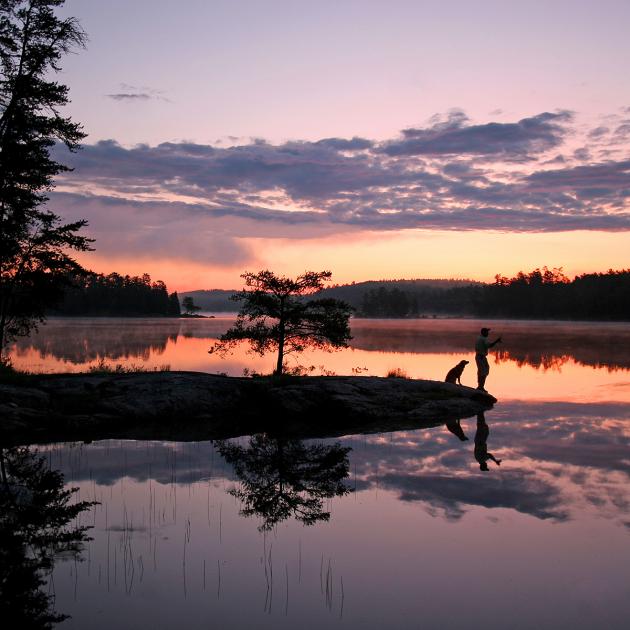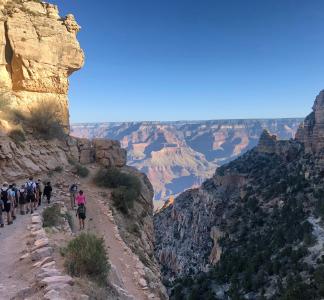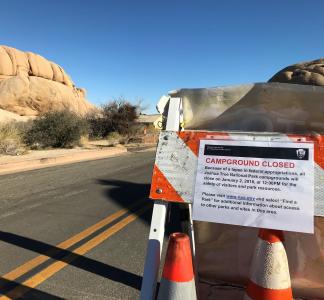What is the Trump admin hiding about its efforts to push mining next to Boundary Waters Wilderness?
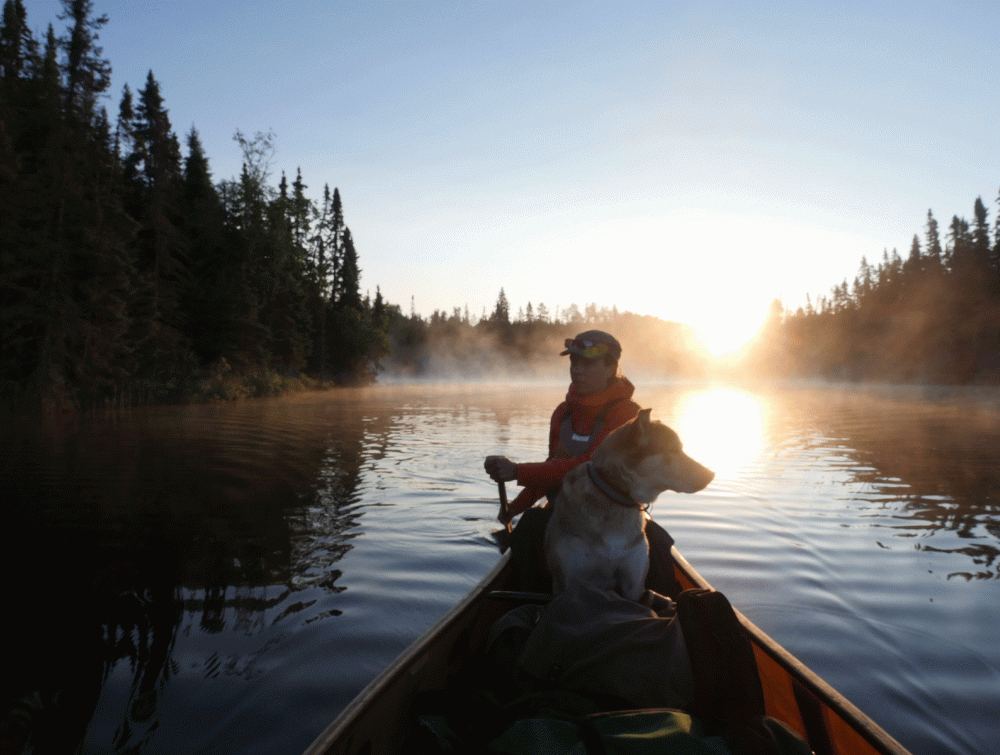
Boundary Waters Canoe Area Wilderness, MN
Dave Freeman
Our lawsuit: feds violated FOIA
It can be tough to figure out why the Trump administration does what it does. Now, we’re suing to get some long-overdue answers about one of its most egregious attacks on public lands.
We just filed a lawsuit against the administration for violating the Freedom of Information Act, or FOIA, in hiding its rationale for opening the watershed of the Boundary Waters Canoe Area Wilderness to dangerous copper mining.
In 2018, the Trump administration abruptly shut down a proposal that would have banned mining in the area for the next 20 years. They claimed to have made the decision after “extensive review” of reports on how mining might affect the environment, among other documents. So we asked them to show their work.
The response: a combination of stalling and misdirection that ultimately broke the law and left the American people in the dark.
Since September 2018, the Department of the Interior, Bureau of Land Management, U.S. Department of Agriculture and U.S. Forest Service have repeatedly run afoul of statutory deadlines for providing the information we requested. When they did respond, it was with a hodge-podge of basic reference materials (including “a map and list of all Minnesota watersheds”) or reports that were produced decades ago. In short, they’re giving us the runaround, and we won’t stand for it.
“We are fed up and have no choice but to resort to the courts to force release of the requested records.” -Alison Flint, litigation and agency policy director, The Wilderness Society
“We believe that the documents in question will confirm what we all know, which is that the science and public opinion definitively show that copper mining poses an unacceptable risk to this iconic wilderness area” said Alison Flint, litigation and agency policy director at The Wilderness Society, in a statement. “We are fed up and have no choice but to resort to the courts to force release of the requested records.”
FOIA obstruction ties to larger anti-transparency trend
The tactics that led us to file this lawsuit tie into a larger trend of anti-transparency—and specifically anti-FOIA—tactics that has put public lands and communities in danger.
Passed in 1966, FOIA is a law that allows any person to request records from federal agencies. It’s an important tool in our democracy, and has been used by journalists, lawyers and activists to help uncover a lot of big stories—including the fact that the Ryan Zinke regime focused only on drilling and mining benefits while making the case to unlawfully gut Bears Ears and Grand Staircase-Escalante national monuments.
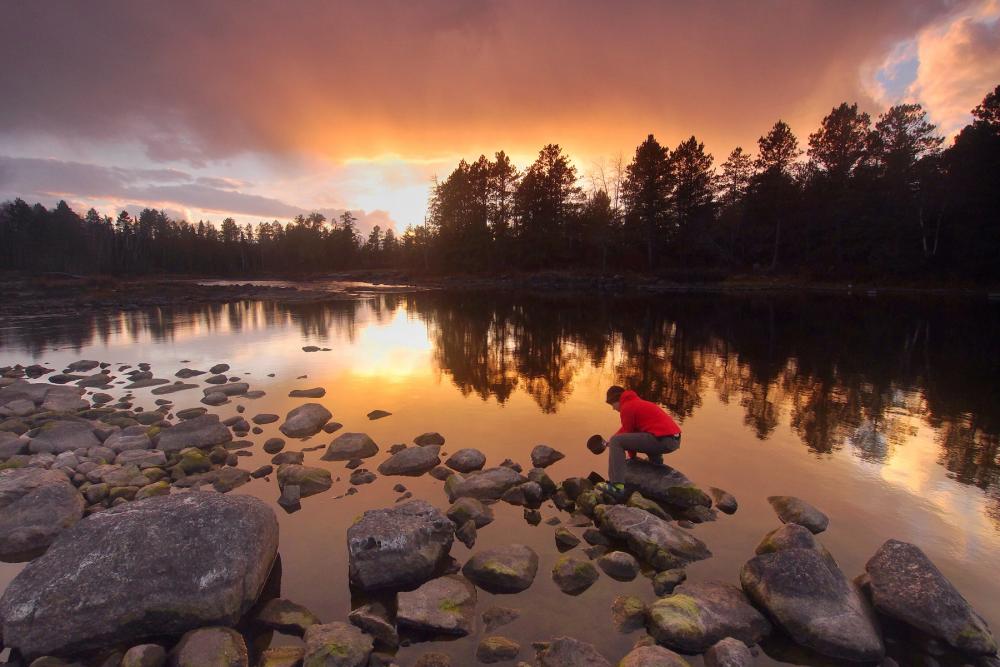
Boundary Waters Canoe Area Wilderness, MN
Dave Freeman
In late 2018, the Department of the Interior posted a notice in the Federal Register that it was proposing a rule to “update” how it responds to FOIA requests. The changes would make it harder for people to submit record requests and easier for answering agencies to reject or ignore them. Among other changes, the rule would allow agencies to impose a monthly limit on how many requests it answers; free the government from the responsibility of redirecting FOIA requests to a sister agency that may be better suited to answer them; require more detail in requests, lest they be deemed overly “vague”; and give more flexibility to agencies in how long they take to answer requests. Our lawsuit especially attests to the danger of that last proposal.
The same man who wrote that proposed anti-FOIA rule is also responsible for the Trump administration memorandum reversing the Boundary Waters mining ban: Daniel Jorjani, the Interior Department’s principal deputy solicitor, a key player in the larger war on transparency.
“FOIA is a critical tool for ensuring that government is transparent and accountable ... It does not allow for the type of stonewalling that we see here" -public interest attorney Maya Kane
In recent months, it was also reported that the Trump administration Interior Department operates under a policy that allows political appointees to delay or block the release of some records requested under FOIA. Predictably, the so-called “awareness review” policy was instituted without any public announcement.
“FOIA is a critical tool for ensuring that government is transparent and accountable and provides clear mandates to agencies to respond in a timely manner,” said public interest attorney Maya Kane, who is representing The Wilderness Society, in a statement. “It does not allow for the type of stonewalling that we see here–particularly where public access to the requested records is critical to my client’s ability to achieve its mission of protecting the Boundary Waters from devastating mining pollution.”
Stay tuned for more on this lawsuit and threats facing Boundary Waters Canoe Area Wilderness.
